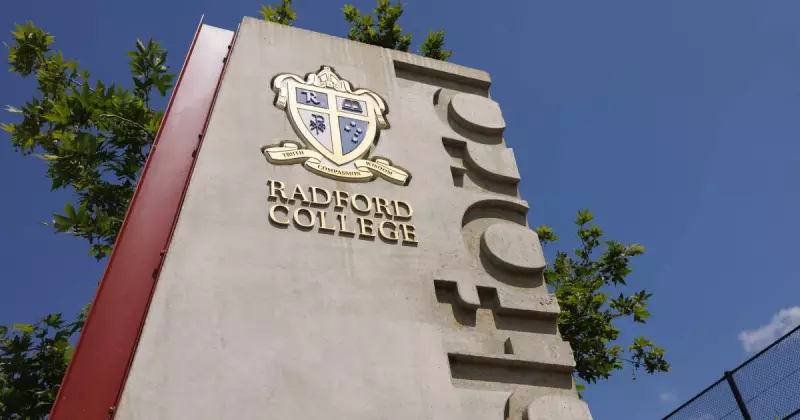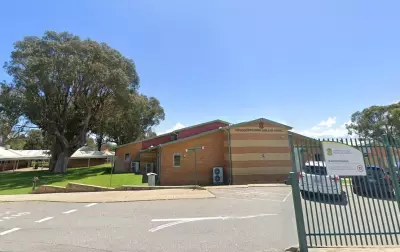
A prominent Canberra independent school has been forced to implement a significant 23 per cent fee increase for 2026 after a series of accounting mistakes revealed an unexpected deficit and growing debt.
Financial errors come to light
Radford College leadership has provided parents with detailed explanations about the school's deteriorating financial position that necessitated the dramatic fee hike. Board chair Vicki Williams made a presentation to parents after nearly a week of requests for more information about the school's finances.
The financial troubles began unfolding when the school's finance manager departed in November 2024, with a replacement appointed in February 2025. It was this new financial manager who discovered several significant accounting errors while preparing the 2024 accounts.
Ms Williams identified multiple problems that contributed to the financial shortfall, including incorrect recognition of interest charges for existing loans, failure to accurately forecast cash requirements during the December period, and underestimating wage costs. Additional issues involved accounting treatment adjustments to staff leave balances and unexpected expenses recorded in December that hadn't been captured in final forecasts.
Consequences of financial mismanagement
The accounting errors had substantial consequences for the school's financial health. The college's loan balance ballooned from $19.1 million to $23.4 million, while the 2024 financial statements showed a deficit of $840,000 after audit completion.
Ms Williams emphasized that these were errors in capturing accurate information and reflected a lack of attention to loan documentation details, stating clearly that "there is nothing to suggest any malfeasance" in the accounting mistakes.
When the errors were discovered, the school took several corrective actions. The 2025 budget underwent review, which altered the loan balance and prompted renegotiation of the school's loan with The Anglican Investment & Development Fund. The loan terms were modified to become a revolving facility rather than just for construction purposes, with the repayment period extended to 2039.
Parent concerns and community impact
The fee increase has generated significant concern among Radford College parents, with some expressing frustration about the financial management. One parent, who identified himself as Anthony due to concerns about school repercussions, said the institution had been "forever changed because of poor accounting management."
Anthony voiced concerns that the school might not remain commercially viable in the future and questioned whether the fee increase would actually improve the educational experience for students.
Another parent revealed they had carefully budgeted for fourteen years of schooling at Radford College, accounting for annual increases of 6 to 8 per cent, but never anticipated such a dramatic jump. The parent noted this situation has created division within the school community between families who can afford the increased fees and those who cannot, damaging the previously inclusive atmosphere.
School principal Christopher Bradbury addressed parent concerns about potential changes to the school's character, stating strongly that "it is not my intention, and it has never been my intention for Radford to become a shiny grammar school or an elite school." He emphasized his commitment to maintaining Radford's identity as an Anglican co-educational, inclusive learning community focused on holistic education.
Looking forward, Ms Williams indicated that future fee increases are expected to sit between 9 and 12 per cent, though she later clarified this projection applied specifically to 2027. The current 23 per cent increase for 2026 only delivers a break-even budget and ensures debt levels don't increase further, establishing a foundation for future debt reduction.





